Tag: free speech


Is social media a modern-day Tower of Babel?
January 6, 2023 | Post
As social media platforms use artificial intelligence to curate users’ feeds with the content they are most likely to engage with, this erects barriers to communication among people of differing opinions.
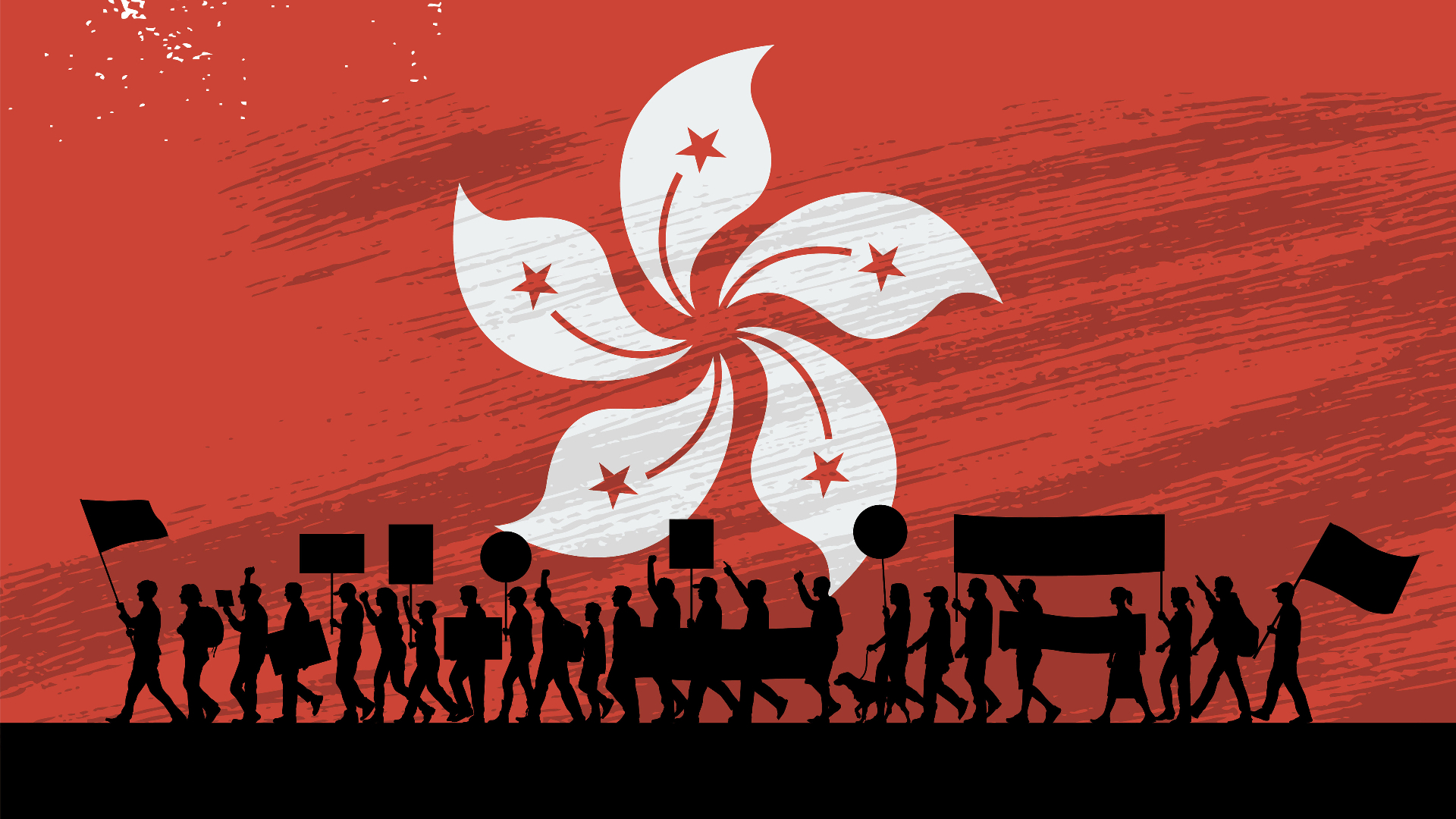
National Security Law: the crackdown on democracy and freedom in Hong Kong
January 5, 2023 | Post
China’s National Security Law has reduced Hong Kong’s autonomy and made it easier for the CCP regime to punish pro-democracy activists.

Are major tech companies stifling free speech?
January 5, 2023 | Post
Technological advances have made it much easier for individuals to express themselves, but are major tech companies now stifling free speech?

Ten movies every libertarian should watch
December 30, 2022 | Post
Looking for a way to combine entertainment with thought-provoking ideas? Check out our list of ten movies every libertarian should watch…

13 books every well-rounded libertarian should read
December 30, 2022 | Post
There are books that every libertarian should read and books every libertarian has read, but those circles don’t perfectly overlap. Here are 13 diverse book recommendations for well-rounded thinkers…
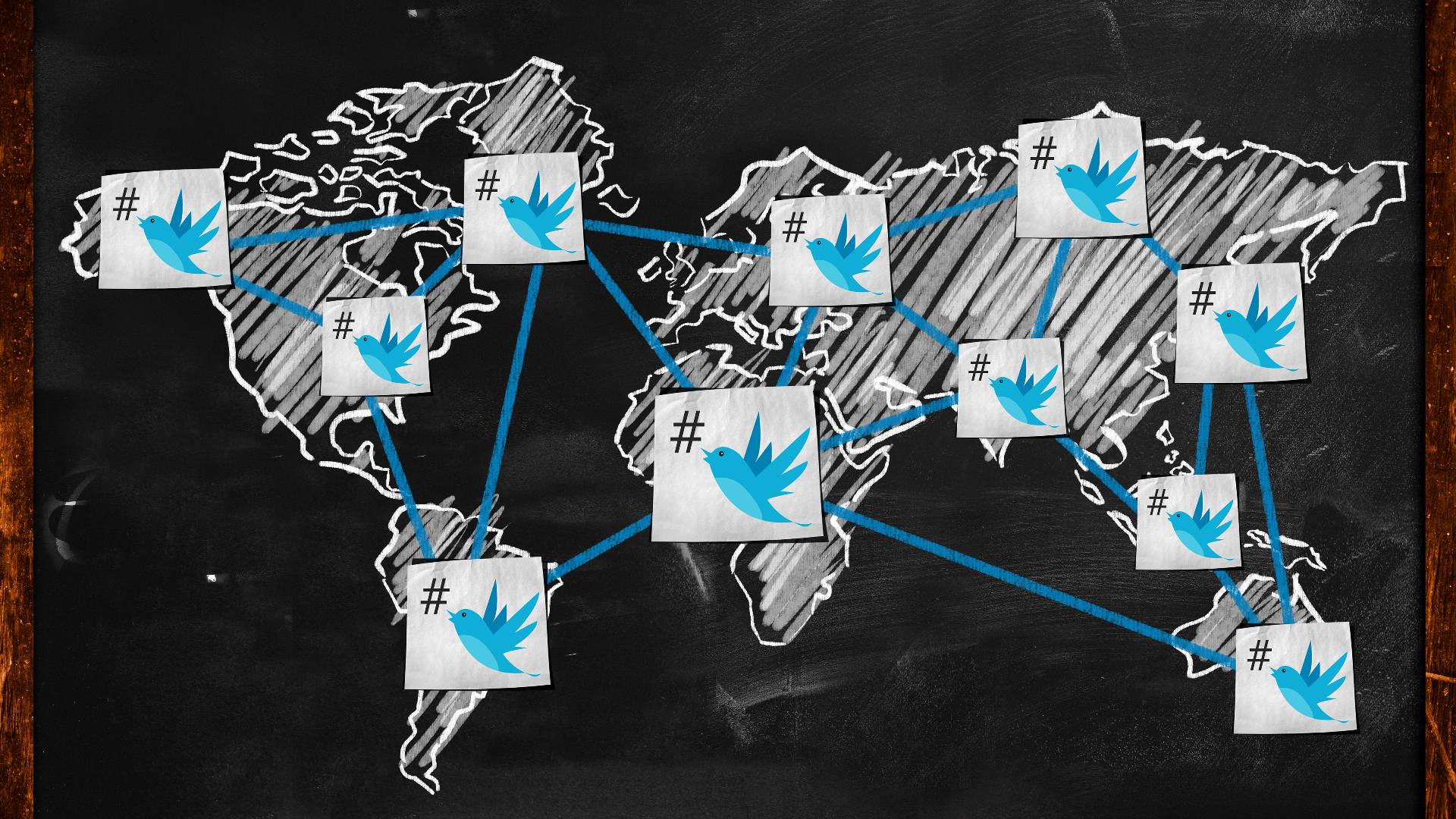
Is Elon Musk really a friend of free speech?
December 16, 2022 | Post
On December 15, 2022, under Elon Musk, Twitter suspended several prominent journalists’ accounts from publications such as The New York Times, The Washington Post, and CNN, among others.

The libertarian position on gay marriage: a matter of expression?
December 15, 2022 | Post
While it would be unfair to say that libertarians hold some kind of monopoly over the fight for gay marriage, but there is no denying the great contribution made by libertarian logic to this movement. Marriage is individual expression; it is not the faculty of anyone else to restrict it.
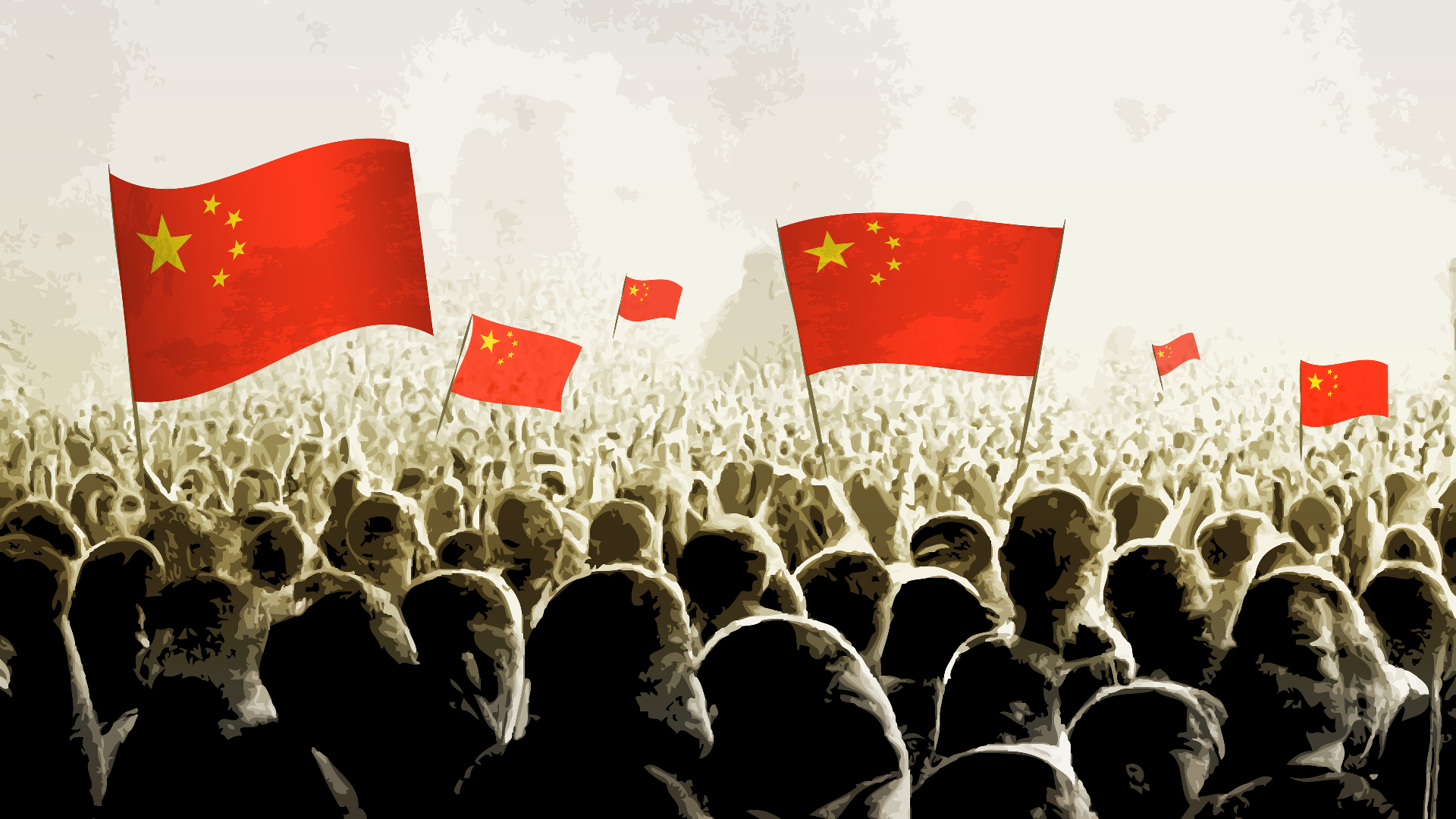
What’s happening in China: is the communist regime in trouble?
December 1, 2022 | Post
At present, whenever the world’s attention is not on the controversial Qatar World Cup, it is firmly on what is happening in China. The authoritarian, communist regime, ruled with an iron fist by Xi Jinping for the past decade, is seeing protests on a scale not seen in generations. As more cracks appear, will China’s illiberal model prove unsustainable?

Elon Musk’s ego will always trump free speech
November 16, 2022 | Post
Elon Musk, who has described himself as a “free speech absolutist,” has stated in the past that there should be no permanent bans on the platform. Despite these promises, mere days into Musk’s term at the helm of Twitter, things already spun wildly out of control. Kathy Griffin has already been permanently banned from Twitter for a parody tweet, “impersonating” Musk and encouraging his followers to vote Democrat in the recent midterms.

Truth exists – and disagreement helps us reach it
September 23, 2022 | Post
When you arrive at “we think differently, and that is OK” – all interaction stops. Nobody will convince anyone of anything. Nobody is searching for answers. They simply do not want to get their feelings hurt, so they stop thinking about reality altogether. We must not place comfort above truth.

Speak up! Overcoming the anxiety of free speech on campus
August 11, 2022 | Post
Do not let fear of being different or the assumption of ‘cancel culture’ define you or your college experience. You are entitled as much as anyone one else to express your view in a courteous and intelligent way; let the chips fall where they may.

We cannot let freedom of speech become a casualty of war
June 17, 2022 | Post
Freedom of speech during wartime is crucial for transparency. If this right doesn’t apply during wartime, does it even exist in any meaningful sense?

1984 is as relevant as ever in 2022
May 13, 2022 | Post
The brutality and totalitarianism that Orwell portrays in 1984 remains a far-off nightmare for much of the world. But not all of the world.

Free speech, fake news, and society’s search for truth
May 12, 2022 | Post
Only in a society which treasures and protects the precious right to free speech can we move the truth forward and shed light on disinformation
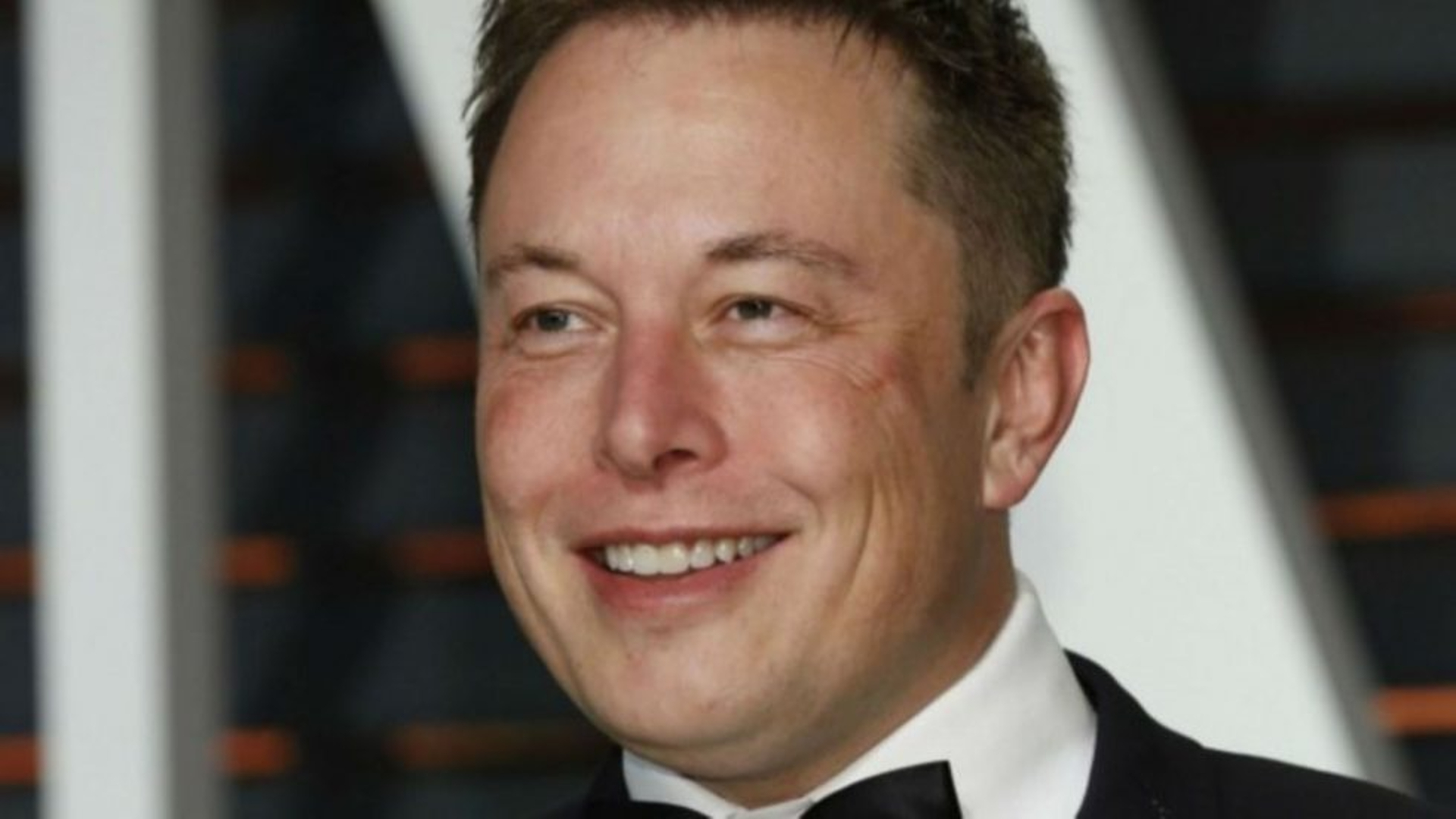
What Elon Musk buying Twitter means for social media and free speech
April 27, 2022 | Post
What will Elon Musk’s takeover of Twitter actually mean for the future of social media and free speech online? What changes can we expect?

The Prague Spring: planting the seeds of freedom
April 6, 2022 | Post
The Prague Spring of 1968 has a legacy that proved influential in the downfall of the Eastern Bloc a generation later, and continues to inspire to this day.

Florida’s “Don’t Say Gay” law is about state censorship, not parental rights
March 31, 2022 | Post
Proponents of Florida’s “Don’t Say Gay” bill claim it’s about protecting students and families, yet it’s merely a pretext for limiting freedom.
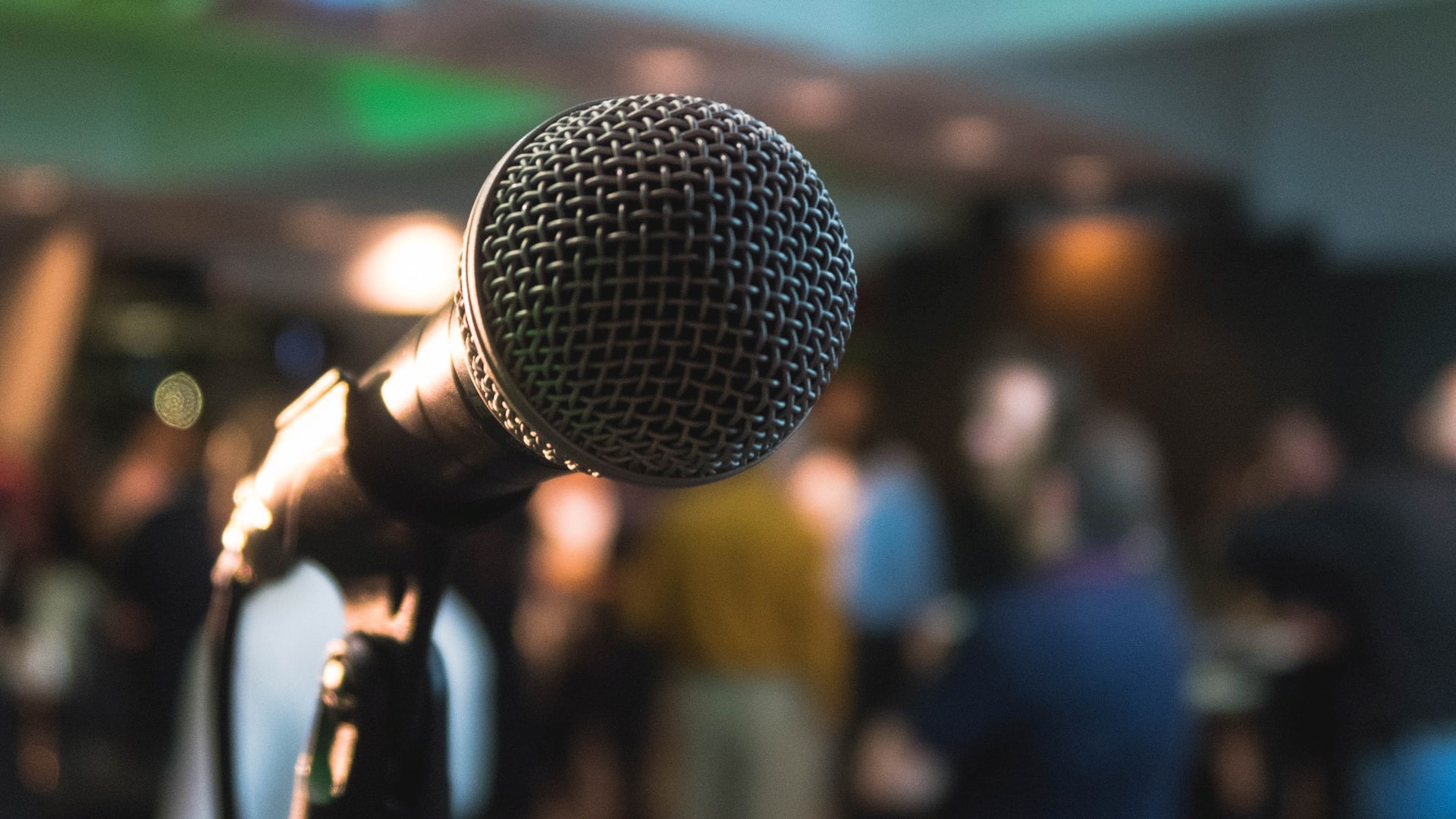
Why free speech is good ― in 300 words
February 18, 2022 | Post
Is free expression only an instrumental good, i.e., good because it results in good consequences? Or is it intrinsically good, in and of itself? The answer is both.

Legends of Liberty: Lenny Bruce
December 3, 2021 | Post
E.M. Forster once said, “How do I know what I think until I see what I say?” He was observing that, in our brains, thoughts often bounce and jump around frenetically; for many of us, we have to verbalize — or write down — our thoughts before they gain clarity. So, in a sense, the […]

Australia’s draconian lockdown restrictions must end
August 25, 2021 | Post
The Australian government’s heavy handed response to dissent against its draconian lockdown restrictions is unacceptable for a supposedly free society.

The fight for freedom in Cuba
July 29, 2021 | Post
Recently, Cuba has seen an unprecedented wave of protests against the ruling communist regime. Could freedom be on the horizon for Cuba?

Liz Cheney proves we can’t trust the right to support free speech
May 13, 2021 | Post
Liz Cheney maintaining her position with the GOP was contingent on an unspoken agreement that she’d stop publicly disagreeing with Donald Trump over the validity of the 2020 election. Cheney did not do this. Instead, in her defiance, she has highlighted exactly why those who love and seek to protect freedom of speech shouldn’t count on the GOP or the right to maintain it.

It’s useless to yell at racists. So what can we do about them?
August 22, 2017 | Post
Shaming may be successful at shutting people up. But changing their minds? That’s a different task entirely.

Diary of a stupid jerk: why we need free speech on campus
August 21, 2017 | Post
Like just about every other male between the ages of 13 and 25, I had tendencies, habits, and dispositions that could be charitably described as self-absorbed and boorish.

